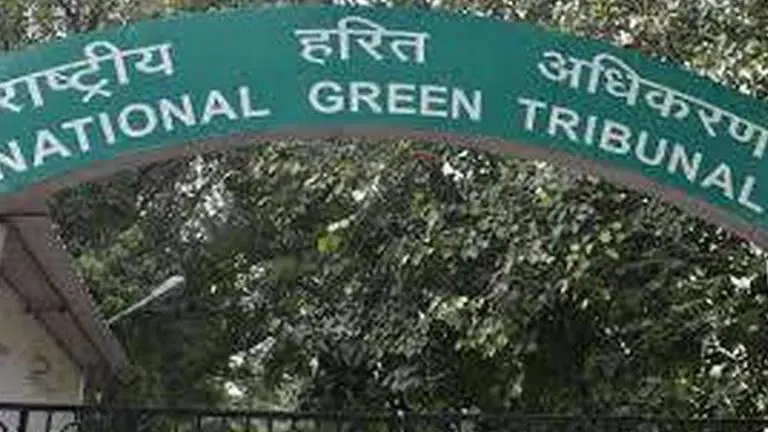Updated 16 August 2020 at 14:04 IST
Pity that even after constant monitoring, pollutants continue to be discharged in Ganga: NGT
The National Green Tribunal has directed chief secretaries of the northern states to periodically monitor the Ganga rejuvenation, saying that it is a "pity" that even after constant monitoring by different courts, pollutants continue to be discharged in the holy river.
- India News
- 3 min read

The National Green Tribunal has directed chief secretaries of the northern states to periodically monitor the Ganga rejuvenation, saying that it is a "pity" that even after constant monitoring by different courts, pollutants continue to be discharged in the holy river.
The green panel directed the chief secretaries of Uttar Pradesh, Uttarakhand, Bihar, Jharkhand and West Bengal to monitor the rejuvenation work periodically.
The NGT said the states should take the matter with more seriousness instead of neglecting it in this manner. "We also feel that there should be periodic joint meetings of chief secretaries of the concerned states to consider vital issues like pooling of human resources and sharing best practices for rejuvenation of the Ganga, particularly preventing discharge of sewage and other pollutants therein directly or in its tributaries or drains connected thereto," the bench said.
There is a need to take a holistic approach of treating the Ganga river as a single entity and ecosystem, which requires pooling of fiscal resources by different stakeholders, the NGT said.
Advertisement
Project of making Ganga pollution-free needs serious attention of all the states at highest levels, the bench said.
"It is a pity that even after constant monitoring by the Supreme Court for 34 years (1985-2014) and by this tribunal for the last six years and, 46 years after enactment of the Water Act making discharge of pollutants in waterbodies a criminal offence, pollutants continue to be discharged in the most holy river," the bench said.
Advertisement
A bench headed by NGT Chairperson Justice A K Goel said the states are still held up in the process of giving tenders or preparing detailed project reports (DPRs) for setting up sewage treatment plants.
"Pollution-free environment is the constitutional right of every citizen and constitutional obligation of states. To this extent, the states are certainly failing in discharging their constitutional obligation," the bench said.
The green panel said that while some progress has been made, there is a continued failure of the states in preventing discharge of untreated effluents by permanent or interim arrangement in violation of provisions of the Water (Prevention and Control of Pollution) Act, 1974.
"This unsatisfactory state of affairs calls for rigorous planning action at the highest level monitoring for meaningful enforcement of the Rule of Law for protection of environment and public health and also for the rejuvenation of the Ganga river," the bench said.
The NGT had earlier rapped the National Mission for Clean Ganga (NMCG) over its failure to control pollutants entering the Ganga river and other waterbodies, saying its report does not show any meaningful action.
The NGT had earlier formed a Central Monitoring Committee to prepare and enforce a national plan to make over 350 river stretches across the country pollution-free.
The tribunal had said that there has been a deterioration in the quality of water in rivers in spite of the Water Act, which was enacted way back in 1974 and was intended to bring about improvement.
(Image from PTI)
Published By : Press Trust Of India
Published On: 16 August 2020 at 14:04 IST
